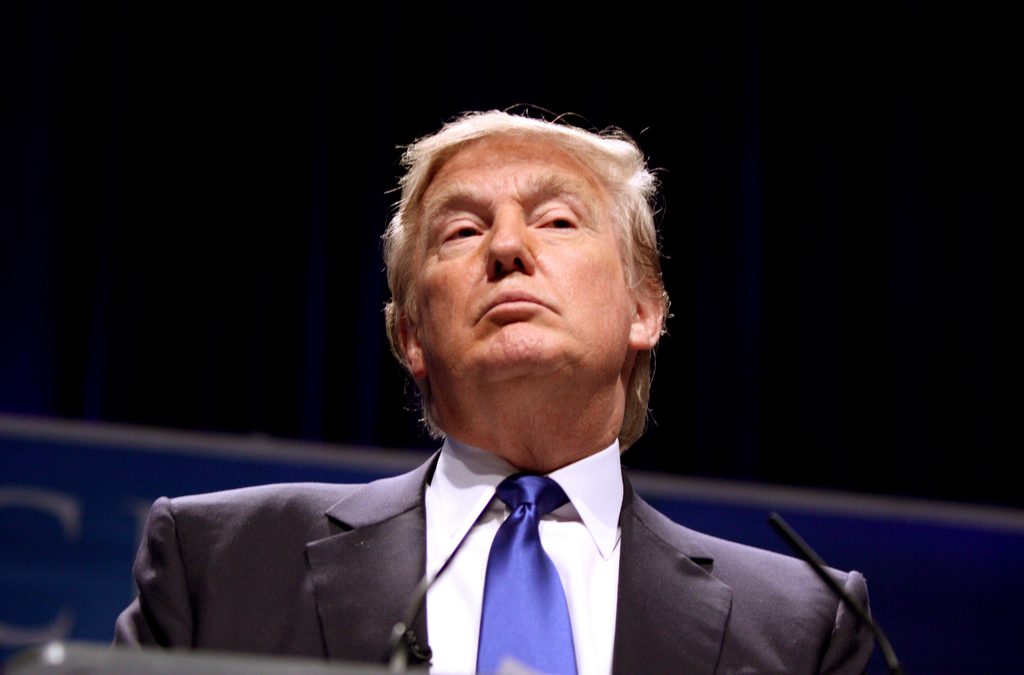WASHINGTON – Global leaders will meet this week for the 2018 Munich Security Conference following the release of a new report titled “To the Brink – and Back?” forecasting growing uncertainty in the era of Trump administration nationalistic, “America First” policies.
The report, issued last Thursday by security conference chairman Wolfgang Ischinger, warned that the world last year had moved “much too close” to the brink of a significant conflict. The report also examined how to revitalize the European Union to undermine the current threats.
The annual Munich Security Conference is a premier gathering spot for world leaders and policy makers from more than 70 countries.
The conference will be held from Thursday to Sunday. Here’s a glimpse of this year’s conference agenda:
The International Order at the Brink:
The report addressed the increasing nationalism among countries last year including Trump’s disdain for global or regional cooperation and Great Britain’s Brexit move towards withdrawing from the European Union. . The report squarely blames Trump for forfeiting the traditional role of the U.S. as a guardian of international security and putting the world at risk.
In the past year, Trump has signaled that America would only cooperate with countries that are aligned with America’s interests. The acknowledged world order based on democratic values and achievements was compromised by the self-interests of the United States and other like-minded western leaders.
“If the most powerful state in the world sets this example, others are bound to follow,” the report stated.
Nuclear crisis is no limited to North Korea:
Despite Trump’s softened comments on Russia – including doubts he has repeatedly raised that Russia meddled in the 2016 election campaign, most of U.S. officialdom s believes that Russia remains America’s key competitor.
Russia and the U.S. recently got into disputes over the 1987 Intermediate-Range Nuclear Forces Treaty that eliminates all ground-launched missiles and launchers.
According to the U.S., Russia violated the treaty by testing a ground-launched cruise missile. Russia denied the accusation and also accused America of violations.
Although there’s no end date to the treaty, but the withdrawal of either of the two countries, or the break of the treaty, could pose tremendous national security threats.
Cybersecurity:
The report also lists the challenges on discussions around the international cybersecurity law.
The report said, “cybercrime has reached unprecedented levels of activity and scale in 2017,” bringing up the 2017 WannaCry ransomware attacks that infected an estimate 300, 000 victims in 150 countries.
In 2017, the European Union for the first time proposed a plan creating a EU agency to handle Europe-wide cybersecurity issues, including crisis response mechanisms and emergency funds.
Efforts to develop an international cybersecurity law were halted after United Nations representatives were unable to reach a consensus. Russia and China wanted to expand the security to any threatening content while the U.S. and its western allies emphasized security of data and software.
Other topics such as North Korea nuclear crisis, China’s expanding geopolitical influence and conflicts in the Middle East region will also be discussed at Munich.

